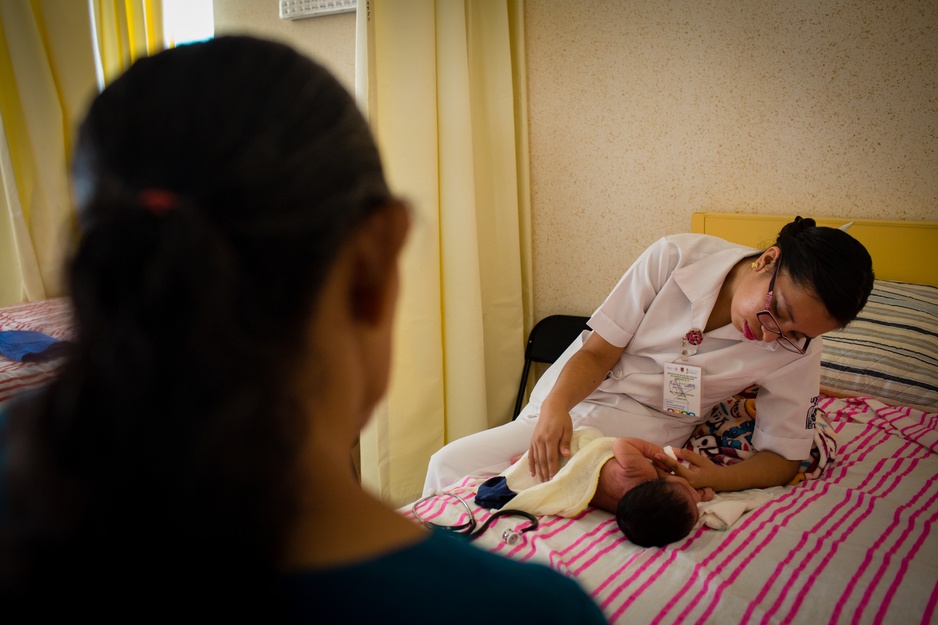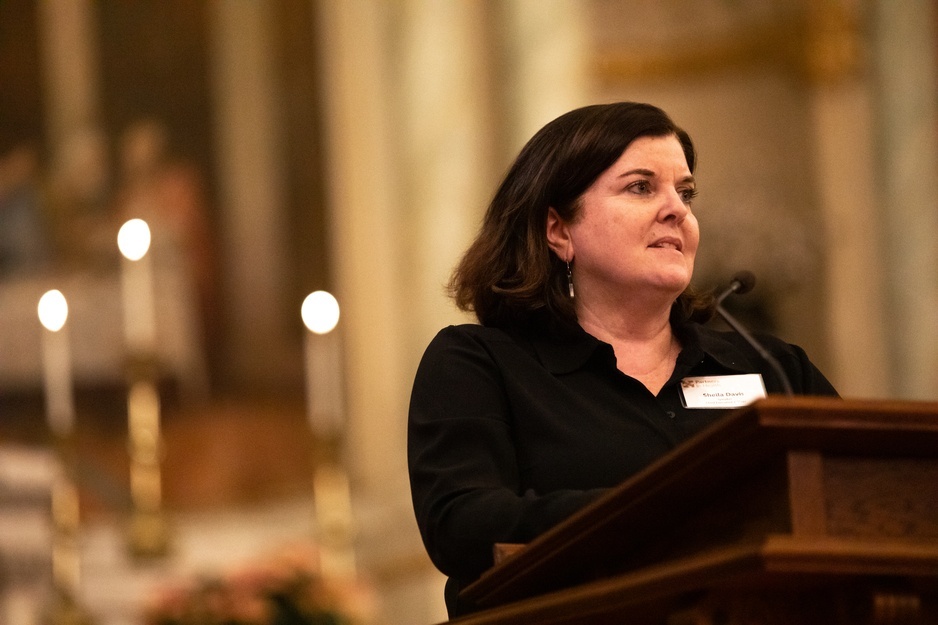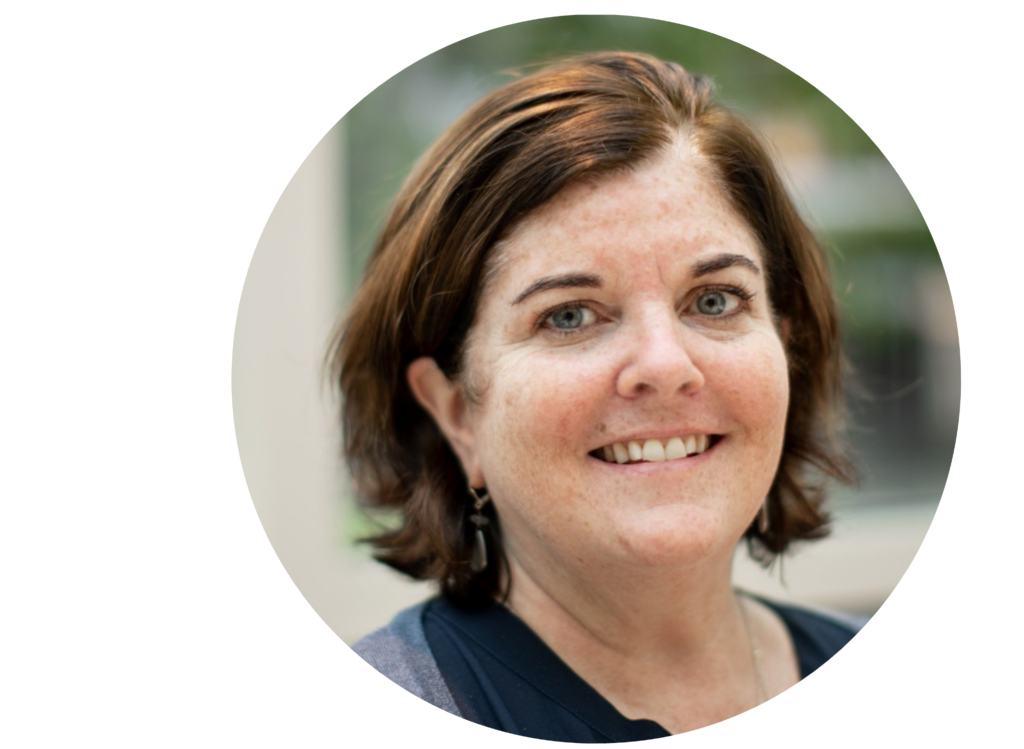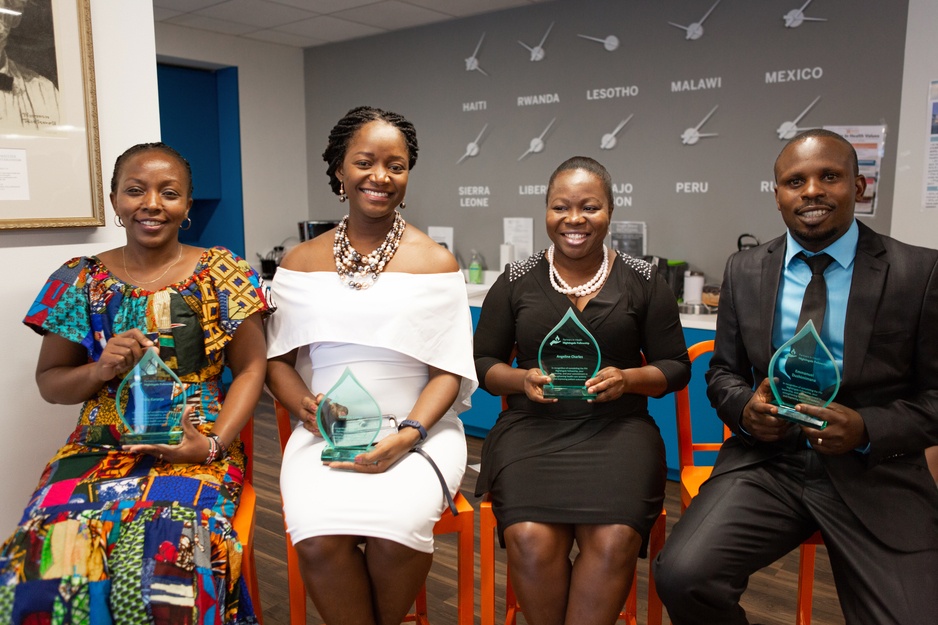Silver Bullet for Care Delivery? Invest in Nurses and Midwives



Dr. Sheila Davis is the chief executive officer of Partners In Health and has been a nurse for more than 30 years. Here, she reflects on the World Health Organization’s decision to name 2020 the Year of the Nurse and Midwife, and on how global leaders should take this moment to reach for universal health care around the world.
There is a significant confluence of events this year: the United Nations is calling for universal health coverage (UHC) as part of the Sustainable Development Goals (SDGs), and the World Health Organization (WHO) named 2020 the Year of the Nurse and Midwife. UHC is not a new concept, as the UN originally made this declaration in 1948, but sadly this goal has not been achieved for the vast majority of people in the world. The year 2020 is significant for nurses and midwives too, as this is the year Florence Nightingale, arguably the world’s most famous nurse, would have celebrated her 200th birthday on May 12.
UHC is defined by the WHO as “all individuals and communities receive health services without suffering financial hardship.” At Partners In Health, we want more for the most vulnerable. It is not just about coverage, but about care. We know that at least half of the world’s population does not have access to essential health care, including the most basic health care that we all want for our families and ourselves. We also know that access or coverage does not equate to quality comprehensive care.

Nurses and midwives have been around since the beginning of time. From the birthers of babies to those comforting loved ones taking their last breath, caregivers are part of our lives. Recognized as the founder of modern-day nursing, Nightingale blended the art and science of nursing and collected, analyzed, and disseminated data showing the link between health and sanitation during the Crimean war. That link saved the lives of soldiers and greatly improved the quality of care they received. She also connected fresh air, good nutrition, and hygiene to patient care, which previously was considered completely unnecessary and frivolous by the great medical minds of the time.
Training nurse leaders
The tie between UHC and nurses and midwives is clear; the former is impossible without the latter—a robust and well-educated nursing and midwifery workforce. Annette Kennedy, president of the International Council of Nurses (ICN), reports that nurses and midwives make up more than 50 percent of the health workforce and deliver almost 80 percent of hands-on care. She also wrote that the world needs 9 million more nurses and midwives to achieve UHC by 2030. Although not explicitly mentioned, it is also imperative that we pay attention to certified nurse anesthetists (CRNAs), as safe surgery is a critical—and often overlooked—part of a comprehensive health package globally.
How do we get to the goal of 9 million additional nurses and midwives by 2030 and keep the ones we already have?
We need to invest and value nursing and midwifery at the local, national, and global levels. A report published by the UK All-Party Parliamentary Group on Global Health in October 2016 provides compelling information on how helping nurses reach their full potential will improve health, promote gender equality, and support economic growth. Strengthening the academic preparation for nurses, midwives, CRNAs and advanced practice nurses is critical, but so are bridging programs that allow entry-level nurses to become expert clinicians.

A seat at the table
Ministries of Health must ensure that nurses are decision-makers. Wherever there is a chief medical officer, there must also be a chief nursing officer with the same level of power. To have the largest cadre of health workers—nurses and midwives—represented at the highest decision-making tables would not only right many historical wrongs, it would lead to better health care delivery.
After all, nurses and midwives are already leaders. We lead in the community, in the health centers, hospitals, academic centers, corporations, Ministries of Health, technology startups, NGOs, and in every corner of the world. We need to increase nurses’ visibility at all leadership levels to illuminate their impressive infiltration across all industries and organizations.
Nurses as innovators
Nurses have always been innovators. Nearly 200 years ago, Nightingale looked at patients holistically and drew on data to break the cycle of infection and disease; today’s NICU nurses in rural clinics tether together tubing with duct tape and prayers. Every nurse and midwife who has improvised to do the most for their patients is an innovator. If we looked at these change agents through a different lens—if we listened to, resourced, invested in, and promoted them as we do an entrepreneur in business or technology—the world would be a different place. A place where health as a human right could be a reality.

Global health’s holy grail
We are all seeking the holy grail, the answers to the overwhelming challenges of global health delivery in a world where women still die in childbirth from easily preventable causes. Rather than addressing the gross inequities of our world, global leaders incorrectly focus on the best return on investment with too few dollars.
I’ve listened to debates on whether it makes more sense to provide access to safe surgery for a woman in obstructed labour—thereby saving her life, or whether it would be best to invest in a handful of disconnected interventions that provide good data, but do little to provide a dignified system of health care. I’ve heard arguments about whether it is cost-effective to feed patients recovering in the hospital, while also knowing—as all nurses and midwives do—the cost of inaction for patients on a daily basis.
Can anyone measure the value of another person’s life through antiquated algorithms? These deliberations on what is a justifiable expense happen daily on the global stage and in boardrooms, but don’t include the people whose lives will be impacted by such cavalier decisions. It is cost-effective to care for fellow human beings, regardless of geography or socioeconomic status. To not do so has them pay the ultimate price.
At PIH, we have a very simple mantra: provide staff, stuff, space, systems, and social support. The impact is immeasurable.
If someone had told me while I was sitting in nursing school more than 30 years ago that I would hold one of the keys to answering the challenges of global health delivery, I would never have believed them. As we all now struggle with how to provide UHC globally, we need answers. Unlike the inventor of a smartphone app, new technology, vaccine, or drug, I can’t patent my solution. But I will share it with you now. The silver bullet, the biggest bang for your buck is simple: invest in nurses and midwives.
Article originally posted on pih.org



